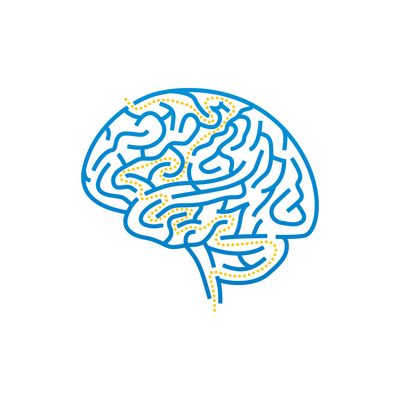
I see all of these commercials for the website Lumosity and don’t totally believe it works — can you really “train your brain” by doing these mind games? And is there anything simpler you could be doing every day to feel sharper throughout the day?
Answer: Dr. Orrin Devinsky, professor of neurology, psychiatry, and neurosurgery at NYU Langone:
“The intuitive sense is that the brain is like a muscle, and if you use it and exercise it, it will get stronger, and if you don’t, it will get weaker,” says Dr. Devinsky, and plenty of early childhood studies support that: Mice raised in cages with more toys will have more brain cells, and children raised in richer environments will do better on cognitive tests. So while there is “a common-sense approach to the technique” behind Lumosity, data on the adult population is “much less rigorous and scientific” when it comes to the idea of “training your brain” that Lumosity touts. “That’s not to say it doesn’t work,” Dr. Devinsky allows, but “the biggest question is, does [Lumosity] work better than having a conversation with peers? Is it better for an adult concerned about potential declining memory than reading a book, listening to a book, watching educational television, doing Sudoku, or doing Lumosity? No one knows.” Studies referenced on Lumosity’s site “that purport to show a difference do show a benefit, but they’re not well controlled for.”
Until better studies come along, don’t worry if the brain games Lumosity offers don’t appeal to you. There’s much more reliable evidence of the positive effect of exercise on cognitive function, for one thing, Dr. Devinsky says, so take a brisk walk during the day to wake yourself up. And the ability to “harness your brain’s neuroplasticity” that Lumosity advertises is, Dr. Devinsky says, a buzzy way to say that, if you sit down to learn something diligently — say, teaching yourself to play piano via an instructional tape over the course of a couple of weeks — a brain scan will show parts of your brain gradually functionally changing. So do something that engages you throughout the day to stimulate and challenge your brain. Good news for Xbox fans: Don’t overdo it, but as Dr Devinsky says, “I’m not sure even playing video games isn’t beneficial in some ways.”
Got a health question? Send it to askadoctor@nymag.com and we’ll find a doctor to answer it.





























